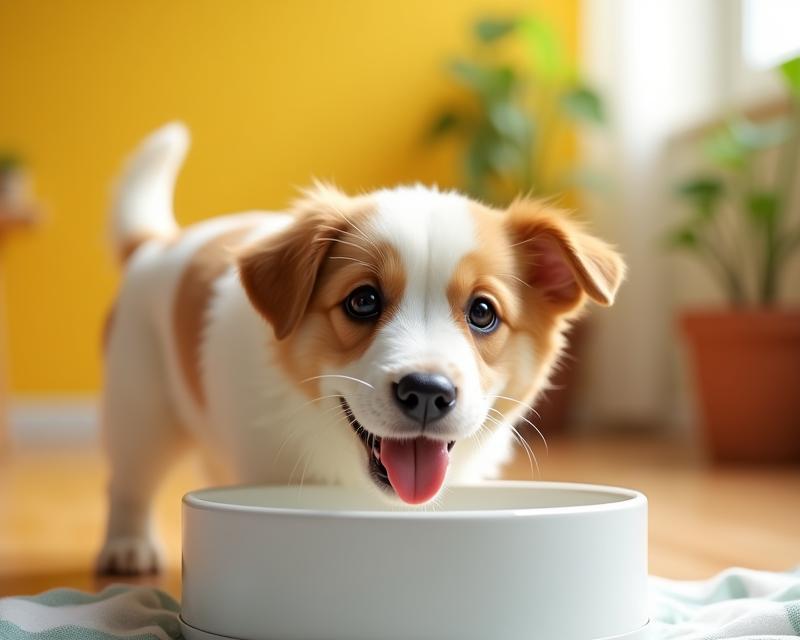Hydration: Key to Your Pet's Health!
Publish in Health el 28/06/2025 23:01
The Importance of Hydration for Your Furry Friend
As pet owners, we all want the best for our companions. We focus on nutritious food, regular exercise, and plenty of love. But sometimes, a simple thing like hydration gets overlooked! Water is absolutely vital for your pet's overall health and well-being, playing a crucial role in nearly every bodily function. Let's dive into why keeping your pet hydrated is so important.

Why is Water So Important?
Think of water as the lifeblood of your pet. It helps regulate body temperature, transports nutrients to cells, flushes out waste products, and lubricates joints. Without adequate hydration, your pet can experience a range of health problems. Dehydration can lead to lethargy, loss of appetite, dry mouth, and in severe cases, organ damage. It's especially important to ensure your pets stay hydrated during hot weather or after strenuous activity.
Signs of Dehydration
Recognizing the signs of dehydration early is key to preventing serious health issues. Here are a few things to watch out for:
- Lethargy: Is your pet unusually tired or sluggish?
- Dry Nose and Gums: A dry nose and gums are a common sign.
- Sunken Eyes: Noticeable sunken eyes can indicate dehydration.
- Decreased Urination: If your pet isn't urinating as often as usual, it could be a sign of dehydration.
- Skin Tent Test: Gently pinch the skin on the back of your pet's neck. If it doesn't spring back quickly, they may be dehydrated.
How to Keep Your Pet Hydrated
So, how can you ensure your pet stays properly hydrated? Here are some helpful tips:
- Fresh Water Always Available: Make sure your pet always has access to fresh, clean water.
- Multiple Water Bowls: Place water bowls in multiple locations around your home.
- Consider a Water Fountain: Many pets prefer drinking from a moving water source like a pet fountain.
- Wet Food: Incorporate wet food into your pet's diet to increase their water intake.
- Add Water to Food: Adding a little water to dry food can help.
- Offer Low-Sodium Broth: Occasionally offering low-sodium chicken or beef broth can be a tasty way to encourage hydration (check with your vet first!).
By paying attention to your pet's hydration needs, you're investing in their long-term health and happiness. If you have any concerns about your pet's hydration, always consult with your veterinarian. They can provide personalized advice based on your pet's individual needs.





